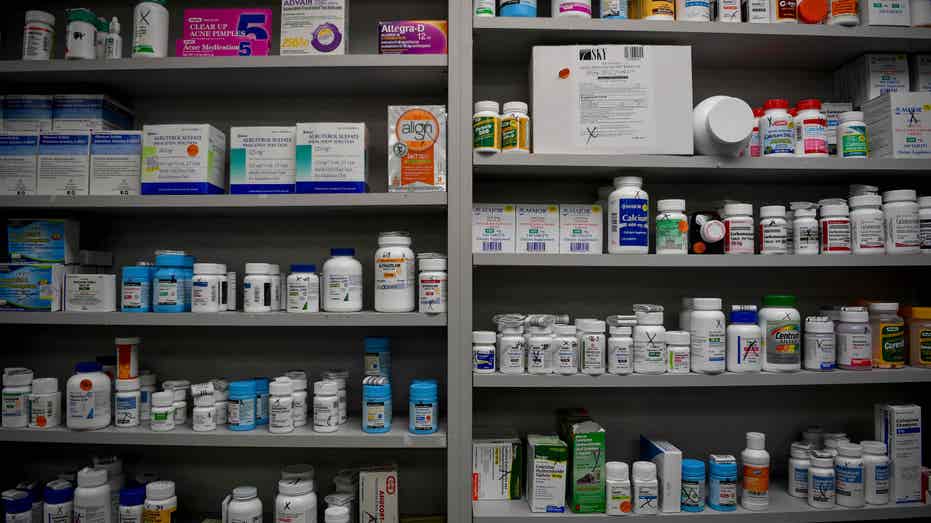Biden administration says Medicare owed rebates for drug prices that outpaced inflation
The cost of 64 drugs that fall under Medicare Part B rose faster than inflation throughout 2023
WATCH LIVE: Biden delivers remarks on lowering healthcare costs
The president's speech comes after the administration named ten drugs subject to Medicare price negotiation.
The Biden administration announced on Thursday that it will require dozens of pharmaceutical companies to pay rebates to Medicare after hiking drug prices more rapidly than inflation in 2023.
The cost of 48 drugs covered under Medicare Part B – some of which are used to treat cancer and fight infections – increased more rapidly than inflation over the last quarter, impacting some of the more than 750,000 seniors who use those types of prescription drugs each year.
In total, the prices for 64 drugs rose more rapidly than inflation during every quarter of 2023, according to the administration.
Under the Inflation Reduction Act (IRA), which was signed into law in 2022, 48 drugs that saw hikes this past quarter could be subject to rebates as soon as the first quarter of 2024.
BIDEN ADMIN NAMES FIRST 10 DRUGS SUBJECT TO MEDICARE PRICE NEGOTIATION
Starting in the first quarter of the new year, some seniors who take any of the affected 48 prescription drugs could save as much as $2,786 per average dose, according to the administration.
With the IRA, the administration has been working to crack down on "exorbitant price gouging" in the medical industry and lower prescription drug costs for seniors and families.

Big pharma is under pressure as the U.S. government moves to negotiate drug prices. Pictured: medications on the shelves of a pharmacy in Portsmouth, Ohio, June 21, 2017. (REUTERS/Bryan Woolston / Reuters)
Currently, about 25% of the largest pharma companies control about 70% of industry revenues, according to the Congressional Budget Office.
ZERO-PREMIUM MEDICARE ADVANTAGE PLANS: WHAT TO KNOW
Thursday's news comes just a week after the administration announced a new policy that would allow the federal government to license a patent on drugs being developed using federal funds that are not being made available to the public at a fair price.
Earlier this year, the administration capped the cost of insulin at $35 per covered product for Medicare beneficiaries under the IRA.

A pharmacy offers a view through a glass pane into the fully automatic medicine store. ((Photo by Andreas Arnold/picture alliance via Getty Images) / Getty Images)
It also gave Medicare the authority to set lower prices on selected covered high-expenditure drugs. The Centers for Medicare & Medicaid Services (CMS) has already selected certain drugs that will be subject to price negotiations.
GET FOX BUSINESS ON THE GO BY CLICKING HERE
While the IRA refers to "negotiation," the text of the legislation allows the CMS to set a "maximum fair price" for a drug. The pharmaceutical company then must "enter into agreement" for the price. If it does not, the government will assess a daily excise tax on every drug sold over the "maximum fair price."
It's a move that's getting pushback in court by the pharmaceutical industry.





















